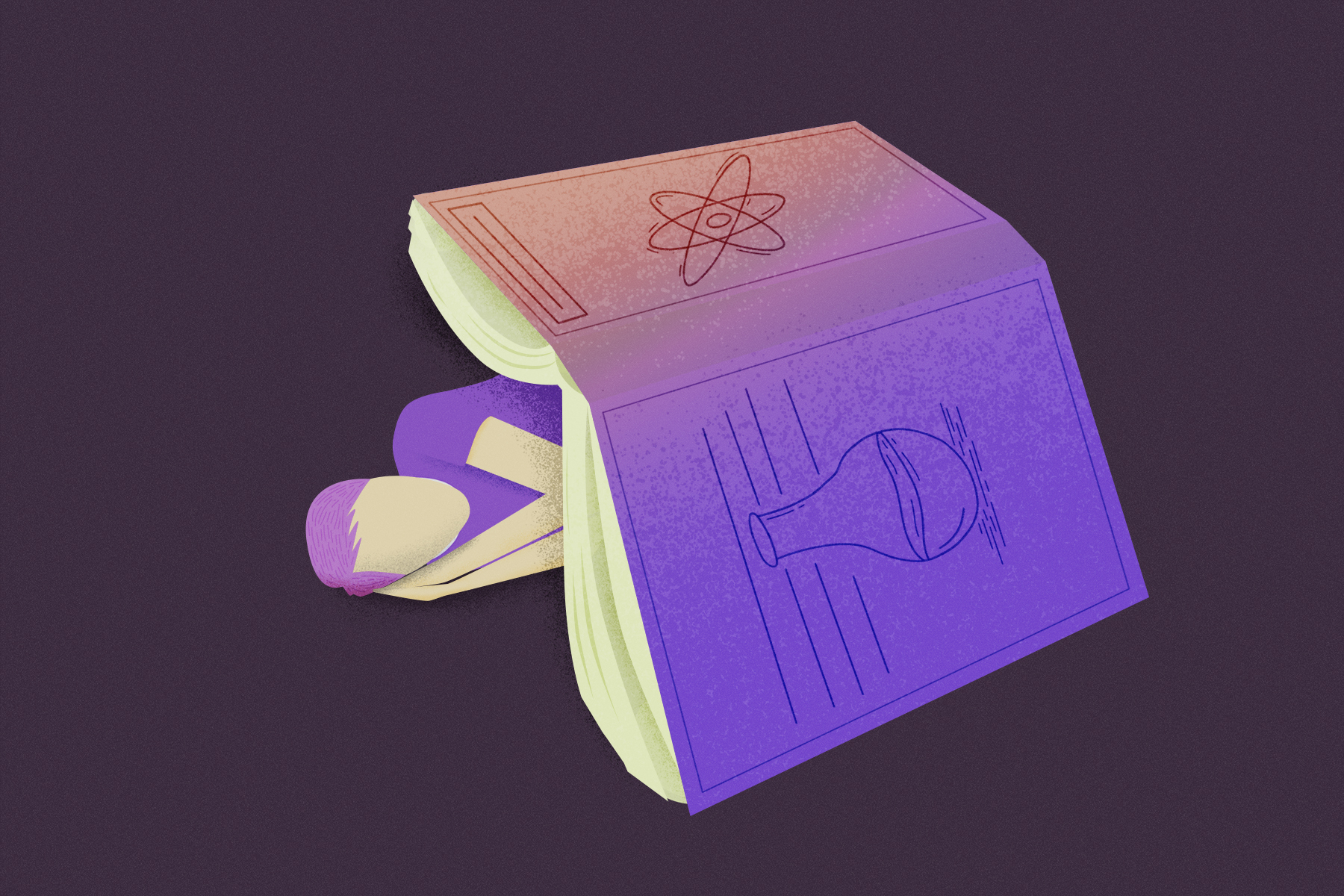If you’re anything like me, then one of your fondest memories from high school was coming home, watching your favorite show and then taking a nap before your mom called you to the dining room for dinner. The days of taking a casual midday snooze seem like a lifetime ago. The strenuous demands of college leave most students too busy juggling part-time jobs and studying at the library to find time for a nap. According to leading research, naps are one of the easiest ways to improve physical and mental health. Though you probably didn’t need another excuse, here are five reasons why college kids should take more naps:
1. Naps are beneficial to your physical health.
Most college students lose sleep each week pulling all-nighters to finish homework or staying out at a club until it closes, so naps can help restore these crucial hours of rest. Naps can help you physically by improving your appearance and giving you more energy. Even professional athletes have started to recognize the benefits that can come from napping. Taking a short 30-minute nap will have you looking and feeling your best. Say goodbye to pesky undereye circles and fatigued posture, and hello to your pillow and blanket!
2. Napping boosts your energy levels.
Taking naps in the proper environment can do wonders for your productivity when you wake up. Ensure that your sleep setting is dark, quiet and has limited distractions. A high-quality nap has been associated with restoring energy levels, strengthening the immune system and regulating body temperature. If you’re looking for a much-needed boost of energy to power through an assignment, take a quick snooze for the necessary stamina to tackle your homework.
3. Taking a nap can help you focus.
Finding time each day to squeeze in a nap could help struggling students concentrate on schoolwork. According to one study conducted at the University of Delaware, students who regularly took a 30-60 minute nap performed higher on attention tasks, nonverbal reasoning measures and spatial memory tests. Another study suggests that nap-takers showed improved memory. While over-napping or napping too close to the time you go to sleep could have adverse effects, it is evident that taking a brief snooze before 4 p.m. is ideal for helping students retain learning material. Still, though naps might come with a slew of benefits, taking a snooze to avoid doing an important assignment will unfortunately do little for your GPA.
4. Napping doesn’t always mean you’re lazy or depressed.
In many other cultures, naps are seen as a midday necessity. In the United States, however, nap-takers might be thought of as lazy or unproductive. While some companies are warming up to the idea of their workers taking a nap-break, many places still have their reservations. One study in Nature Neuroscience found that individuals who took a midday nap were able to reverse perceptual deterioration that occurs when one repeats a task for too long. There is a clear argument for why naps could foster a more productive environment and why more jobs should encourage a cat nap for their employees.
Further, those who argue against naps might be thinking of “depression naps” or hypersomnia. While napping has an abundance of plus-sides for the human body, using them as an escape from work or stressful life events could be more harmful than beneficial. Instead of using naps to cope, try exercising or journaling emotions to effectively relieve stress in a short amount of time. Though it might be easier to lay down instead of mentally processing an event, naps are no alternative for therapy or proper coping mechanisms.
5. Naps are great for your mental health.
Naps, when conducted in the right way, are responsible for mental health benefits like improved mood and less stress. Researchers have found that taking a nap halfway through a workday is linked to more positive moods and a lower sensitivity to negative stimuli. Because the prefrontal cortex in the brain — which is partly responsible for the fluctuation of emotions — tends to get fatigued throughout the day, taking a nap can recharge our mood regulator.
Similarly, naps are known for reducing stress levels. Taking naps after experiencing a night of limited sleep boosts the immune system and decreases norepinephrine, a chemical responsible for the “fight-or-flight response.” Ultimately, having a snoozefest is a great way to unwind and relax while also helping your body renew itself.
It is important to remember that taking naps is only good in moderation (like the best things in life usually are). Taking too long of a nap or taking a nap too close to the time you go to bed can disrupt your circadian rhythm and throw your sleeping schedule out of whack. Similarly, if you’re prone to insomnia or mood disorders, taking naps might disrupt your regular nighttime sleep and should be discussed with your doctor before being incorporated into your daily schedule.
Though there is mixed research on exactly how long the perfect nap is, aim for a 20 to 30-minute nap and see how you feel. Avoid taking naps longer than an hour and a half, as this could cause you to wake up during a deep, slow-wave sleep cycle and make you feel groggy.
For anyone who misses the bliss-filled afternoons when you would doze off after watching another episode of “Avatar: The Last Airbender,” rest assured that it is never too late to repeat the past. Indulging in a nap is a simple form of self-care and is no longer a pastime reserved only for children. So close your laptop, set an alarm and treat yourself to a well-deserved nap.

















